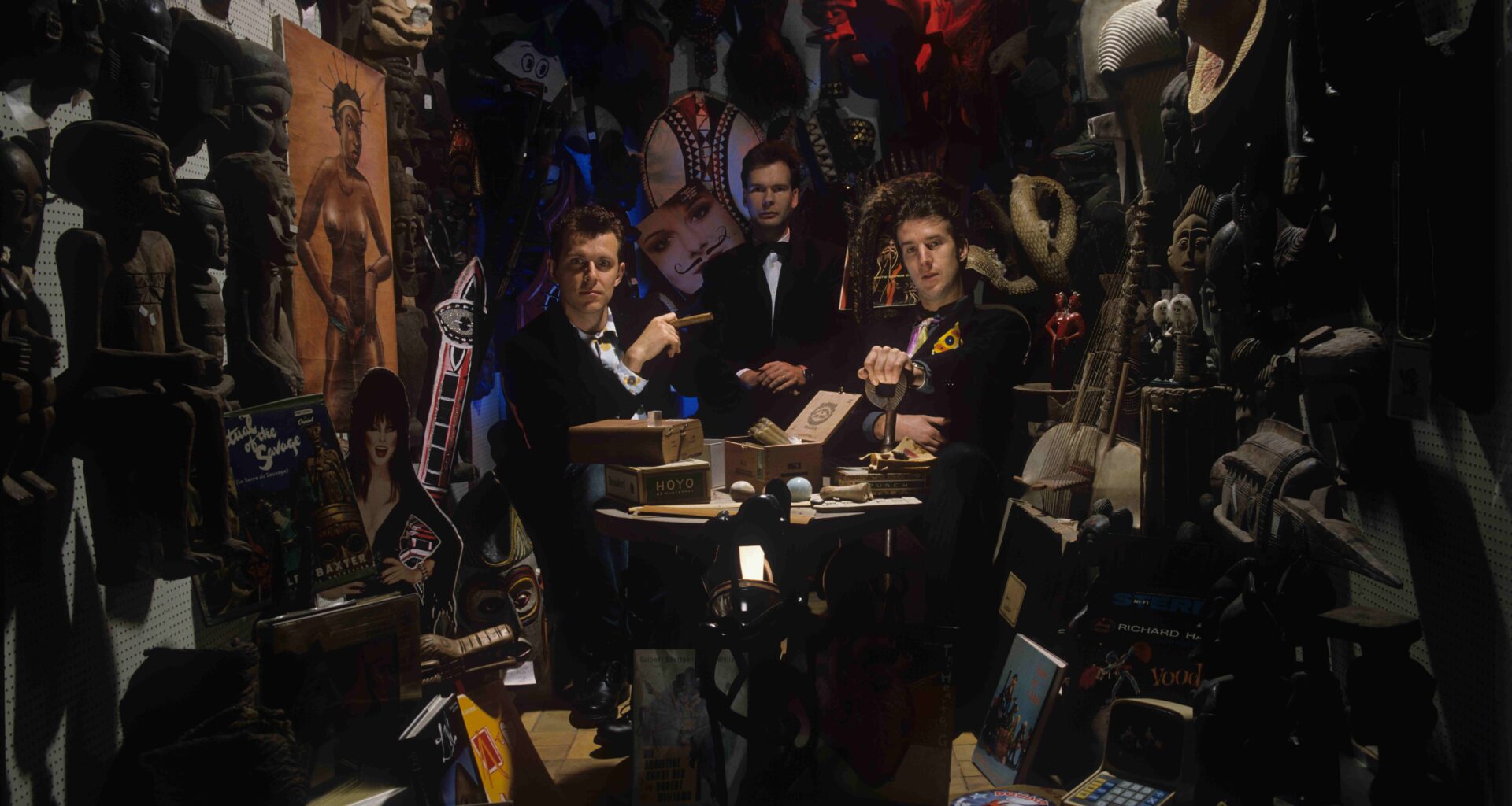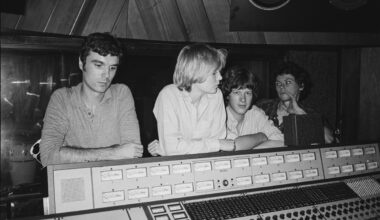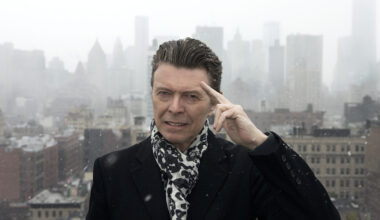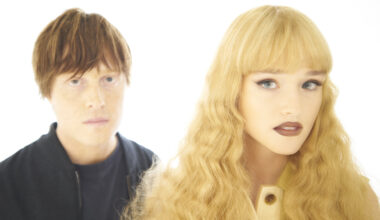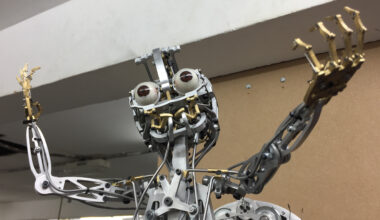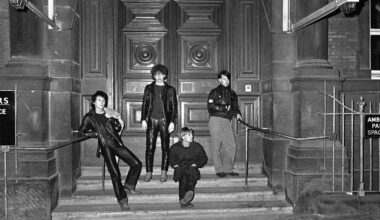Forget Kraftwerk doing it for one song, in the late 1980s, fellow Düsseldorf outfit Der Plan came up with a crackpot scheme to completely replace themselves with robots…
Want to read more?
Sign up to Electronic Sound Premium to gain access to every post, video, special offers, and more. 100%, all you can eat, no commitment, cancel any time.
Already a premium member? Log in here
